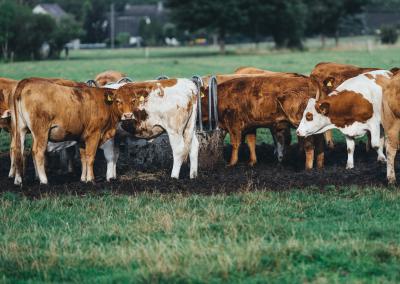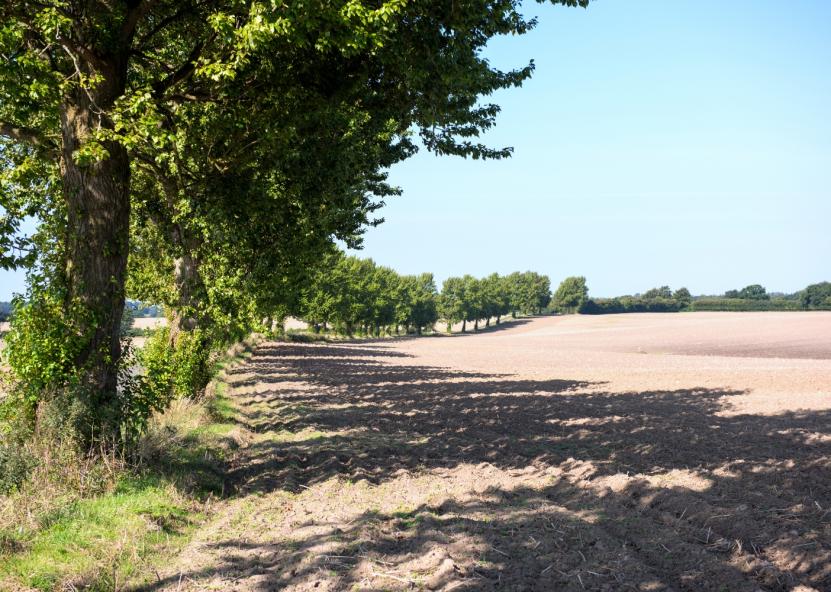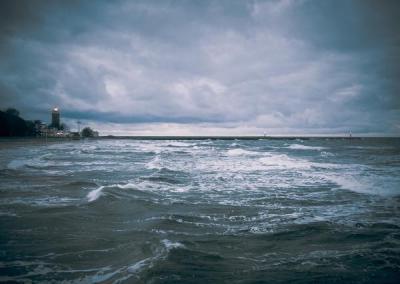EU ministers approve the controversial Nature Restoration Act
European Union environment ministers voted live on Monday to approve a controversial nature protection law aimed at restoring natural habitats.
The aim of the nature restoration law is to restore forests, wetlands and rivers to their natural state. The law has been controversial, particularly because of fears that it would impose severe restrictions on farmers.
The law was voted in favour by 20 EU ministers representing 60% of the bloc's population. The decision by EU member states has so far been delayed because too few individual ministers were prepared to back it, even though senior diplomats had reached a tentative agreement on it last year.
The required majority was achieved when the Austrian Environment Minister decided to support the law. Her move was opposed by the country's Chancellor, Karl Nehammer, who said he would seek to overturn the decision in the EU's highest court.
Italy, Hungary, the Netherlands, Poland, Finland and Sweden voted against, while Belgium, which currently holds the presidency of the Member States' discussions, abstained.
Under the Nature Conservation Act, the EU is obliged to restore at least 20% of the bloc's land from marine areas by 2030, and all recoverable ecosystems by 2050.
Funding for the improvements is expected to come from both the private sector and member states' budgets, although certain EU programmes could help cover some of the costs, such as the Regional Development Funding Programme.
According to EU figures, around 80% of habitats are in poor condition. In addition, 10% of bee and butterfly species are threatened with extinction, and 70% of soils are in poor health.
Welcoming the ministers' decision, EU Environment Commissioner Virginijus Sinkevicius wrote on the social networking site „X“: "We are still on the right track to prevent biodiversity loss and boost its recovery, and now let's all come together to show that the EU is still leading the way".
Confirming that the bill had been passed, the Belgian government wrote on the social networking site „X“ at the end of the vote that this is „the last step that will allow the law to enter into force“.
In principle, ministers agreed to a deal struck last year by negotiators from the European Parliament and the Spanish government, which represented all member states at the time.
Ministerial votes of this kind are normally a formality, as such agreements are already a thoroughly negotiated compromise between the Parliament and the Member States.
Where such compromises do lead to disputes, they are resolved at diplomatic level. In this case, however, a sufficient number of senior diplomats supported the agreement last year.
In the meantime, farmers have already staged several major protests, including against the restrictions imposed by EU regulations.
The Law on the restoration of natural habitats has also been controversial in the European Parliament itself. In February, parliamentarians voted in favour of the bill, but the groups of the European People's Party, the largest parliamentary political bloc, voted against it.
After ministers approved the law on Monday, a coalition of environmental activists, including the World Wildlife Fund, issued a statement saying that the result of the vote is a "huge victory for Europe's nature and for the citizens of Europe, who have always called for urgent action to stop the alarming loss of the environment".









































































































